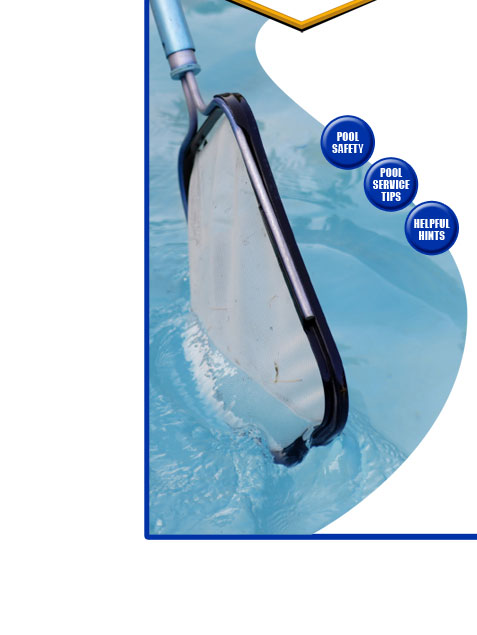 |
||
 |
WHAT HAPPENS WHEN THE POOL IS TOO ALKALINE? (pH IS HIGH) The calcium in the swimming pool water combines with carbonates and forms scale, just like in our kettles. This calcification is seen most at the waterline, where it traps dust and dirt, turning black with time. The swimming pool water starts to become cloudy or murky and it loses its sparkle. The calcium carbonate has a tendency to plate out on the sand in the swimming pool filter, effectively turning it into cement. Your sand filter becomes a cement filter, and loses its ability to trap dirt from the pool water. As the pH rises, the power of the chlorine to act on foreign particles is lost. At a pH of 8.0 the pool can only use 20% of the chlorine you put in. So 80% of it goes to waste and you would need 5 times as much chlorine to provide the disinfection you need. In alkaline swimming pool water, the swimmers suffer too. Our eyes and nose burn and our skin gets dry and itchy. By neglecting to test and correct the pH of swimming pool water, we not only cause it to become unsightly, but we also cause ourselves physical discomfort. In addition to this, we insist on throwing away our hard-earned money on swimming pool chemicals that cannot possibly be effective in that pool water. After testing the water, the necessary chemicals must be added to bring the pH to a level of about 7.2 . |
 |
 |
||